EU puts off sanctions on Turkey over geopolitical issues, pursues deeper economic ties instead
The EU leaders are expected to declare at tomorrow's summit their that Turkey deserves more financial support for hosting millions of Syrian refugees.
The offer of closer economic links, mixed with threats, reflects the complex relationship between Turkey, an EU candidate, and the world’s largest trading bloc, which have drifted apart but are now seeking improved ties.
The draft, seen by Reuters and dated 22 March, says EU leaders will “work on a mandate for the modernisation of the customs union”, referring to a 1995 EU-Turkey trade deal that could be expanded to include services, public procurement and farm goods.
The leaders’ summit will build on a report by EU foreign affairs chief Josep Borrell and the European Commission released on Tuesday that calls for “modernisation and expansion of the scope of the current EU-Turkey customs union”.
The leaders will also say at the summit, due to take place by video conference on Thursday and Friday, that Turkey deserves more financial support for hosting millions of Syrian refugees and more high-profile diplomatic contacts.
The EU is expected to provide fresh funds from 2022 for the four million refugees that Turkey hosts, following some six billion euros ($7.13 billion) spent over the past four years.
But such progress would only be possible if Turkey respected human rights and showed greater flexibility over the divided island of Cyprus and energy exploration in disputed waters in the eastern Mediterranean.
Tourism, energy sanctions
Leaders will also threaten sanctions in the event of “renewed provocations or unilateral actions in breach of international law”, according to the draft statement.
In December EU leaders had proposed asset freezes and travel bans over Turkey’s “unauthorised drilling activities” for natural gas in the eastern Mediterranean.
But a more constructive tone from Turkish President Tayyip Erdogan this year prompted the EU to halt work on those sanctions.
The EU report said a sliding scale of sanctions, to be used only as leverage, could include punitive measures on individuals, moving up towards important sectors such as energy and tourism.
Targeting tourism, which accounts for up to 12% of the Turkish economy, appeared to be a new threat from Brussels, which has decried Erdogan’s increasingly authoritarian rule. Turkey’s EU membership talks are frozen.
In December EU leaders had proposed asset freezes and travel bans over Turkey’s “unauthorised drilling activities” for natural gas in the eastern Mediterranean.
But a more constructive tone from Turkish President Tayyip Erdogan this year prompted the EU to halt work on those sanctions.
The EU report said a sliding scale of sanctions, to be used only as leverage, could include punitive measures on individuals, moving up towards important sectors such as energy and tourism.
Targeting tourism, which accounts for up to 12% of the Turkish economy, appeared to be a new threat from Brussels, which has decried Erdogan’s increasingly authoritarian rule. Turkey’s EU membership talks are frozen.
Source: Reuters
- Ύπνος: Πόσο καλό μας κάνουν οι 8 ώρες κάθε βράδυ;
- Καιρός: Νεφώσεις με χιονόνερο, χιόνια και θυελλώδεις ανέμους- Περαιτέρω επιδείνωση από Τετάρτη
- Τέσσερα μέτρα για λιγότερα φάρμακα και στήριξη των γενοσήμων
- – Ήταν νευρικός, ήθελε απελπισμένα να γίνει «κάποιος»: Ο γιος του Μελ Μπρουκς για το αληθινό πρόσωπο πίσω από τη «μάσκα» του κωμικού
- Θυμός ή μίσος: Αυτές είναι οι διαφορές σύμφωνα με την επιστήμη
- Πολιτικός Διάλογος Ελλάδας – Τουρκίας χωρίς εκπλήξεις με το βλέμμα στο Ανώτατο Συμβούλιο Συνεργασίας
- Γρίπη: Καλπάζει η μεταδοτικότητα- ασθμαίνοντας ακολούθησε ο εμβολιασμός
- Αυτές είναι οι ασφαλέστερες αεροπορικές εταιρείες του κόσμου για το 2026
Ακολουθήστε το in.gr στο Google News και μάθετε πρώτοι όλες τις ειδήσεις

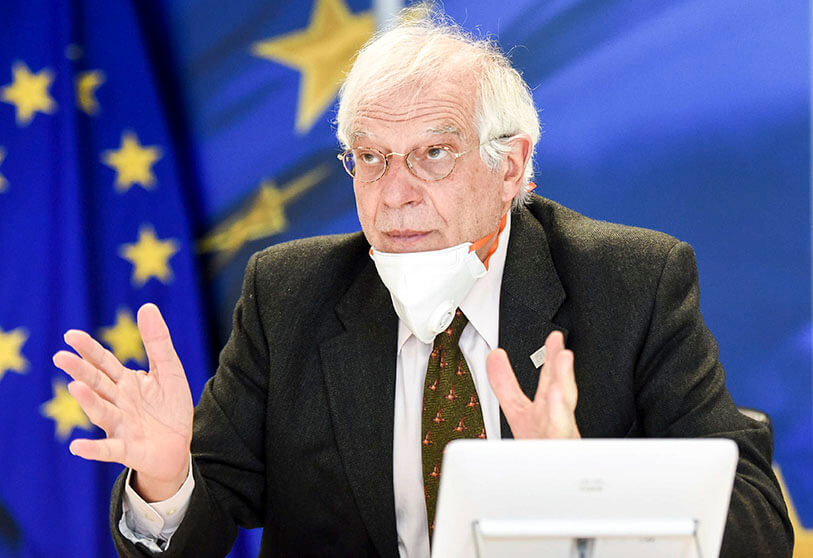





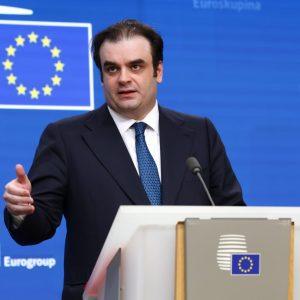
![Άκρως Ζωδιακό: Τα Do’s και Don’ts στα ζώδια σήμερα [Τρίτη 20.01.2026]](https://www.in.gr/wp-content/uploads/2026/01/danie-franco-wEuWV0Vz9uw-unsplash-315x220.jpg)
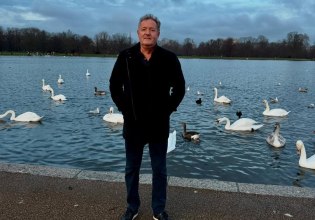


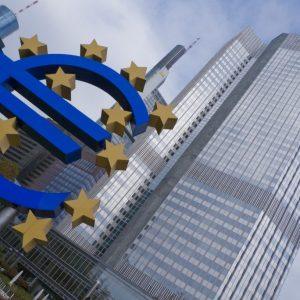








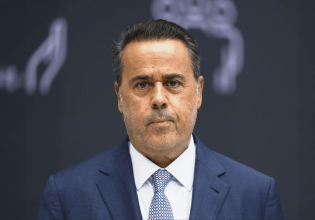

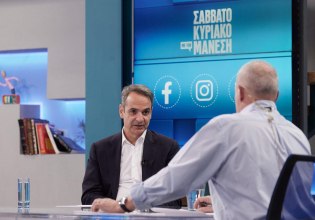




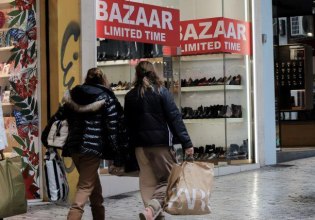



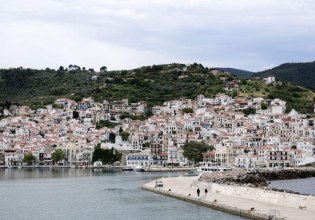
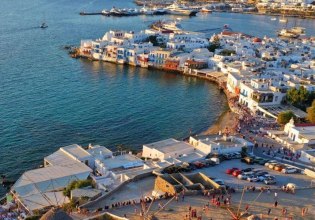
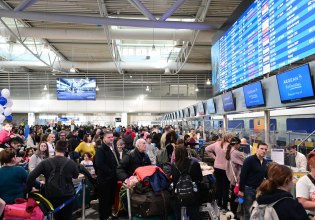
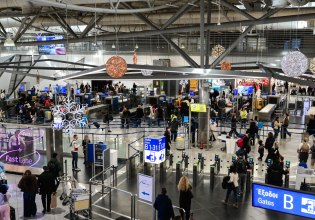

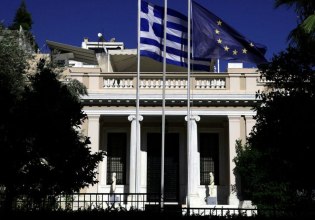
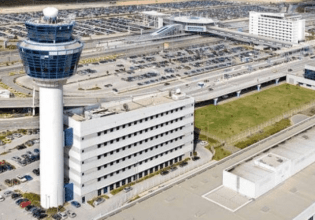

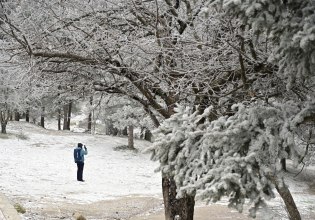




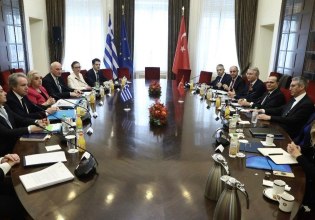




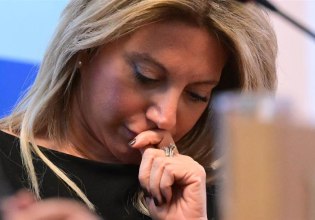




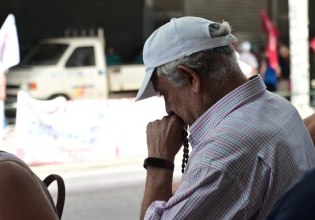
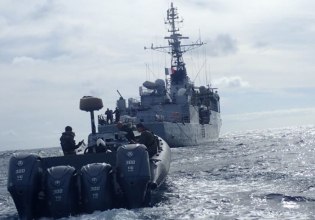

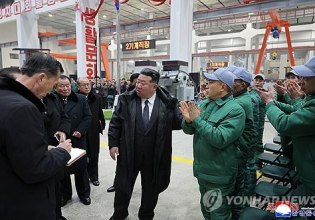
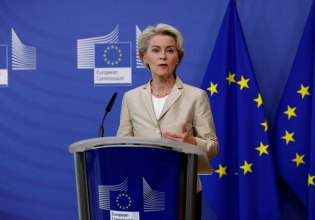
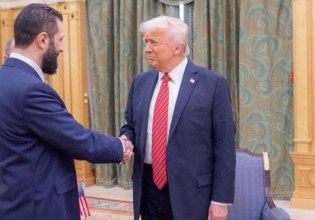

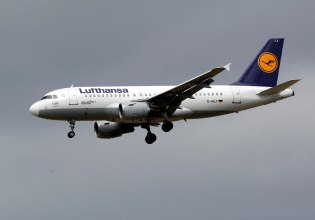



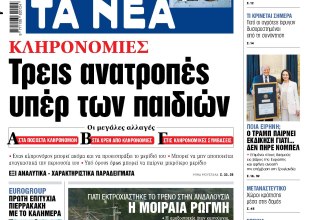
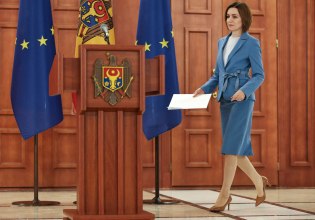

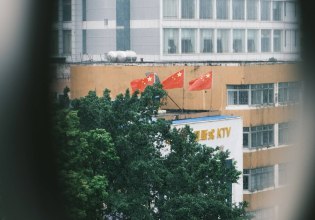
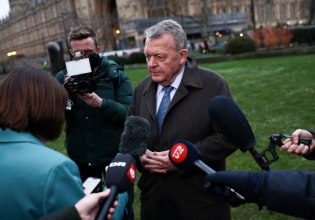







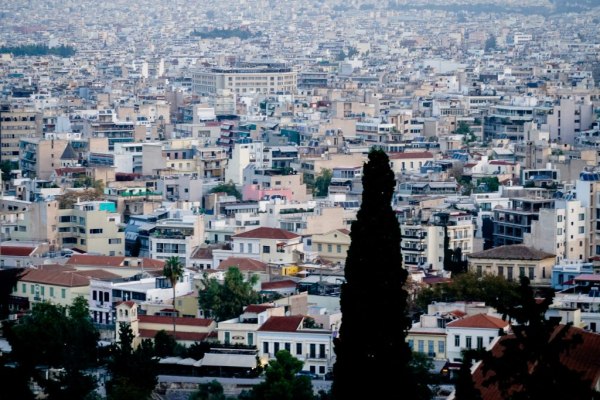
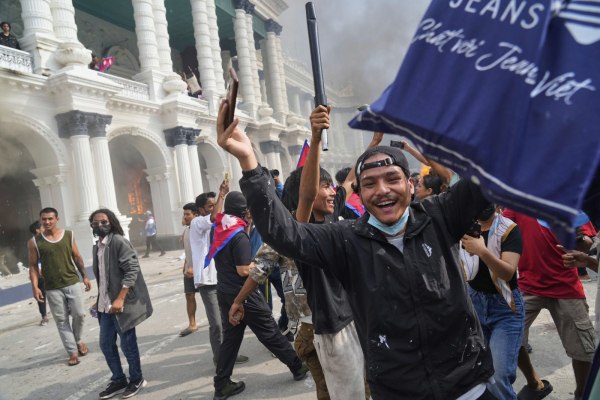


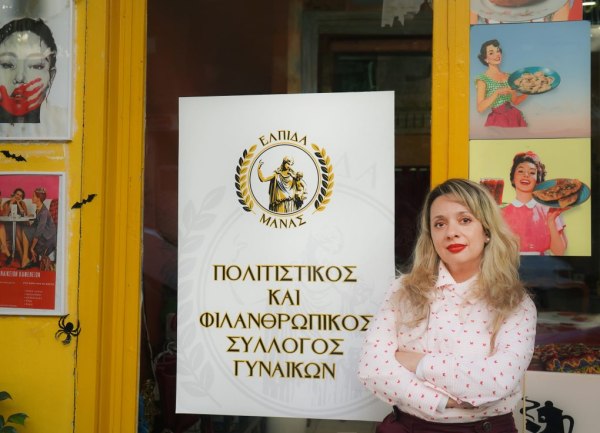


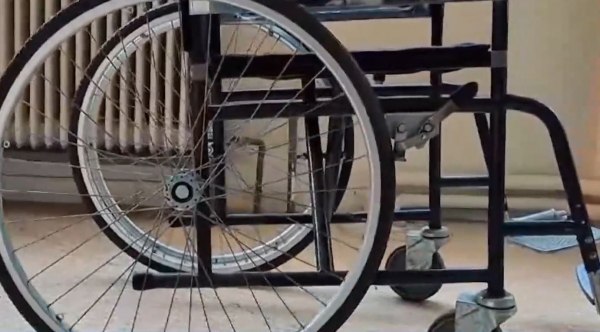
 Αριθμός Πιστοποίησης Μ.Η.Τ.232442
Αριθμός Πιστοποίησης Μ.Η.Τ.232442